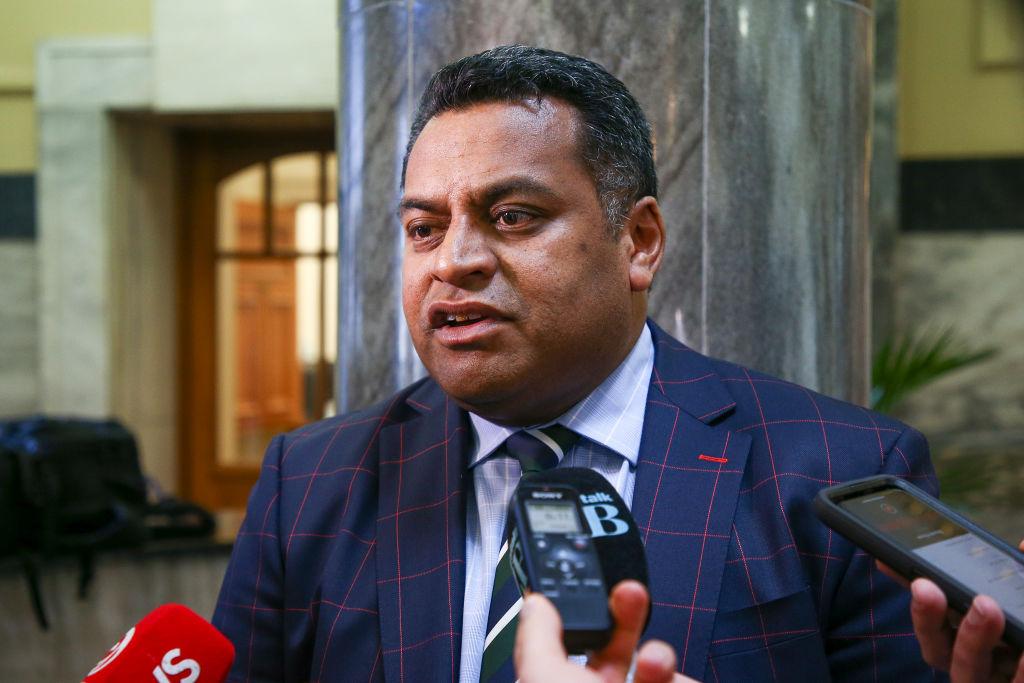New Zealand’s retiring Minister of Justice Kris Faafoi has rejected a bid to overturn the extradition of a permanent resident to China for alleged murder charges.
Faafoi said the New Zealand Supreme Court’s decision to surrender Kyung Yup Kim to China “remains appropriate” despite his health conditions.





